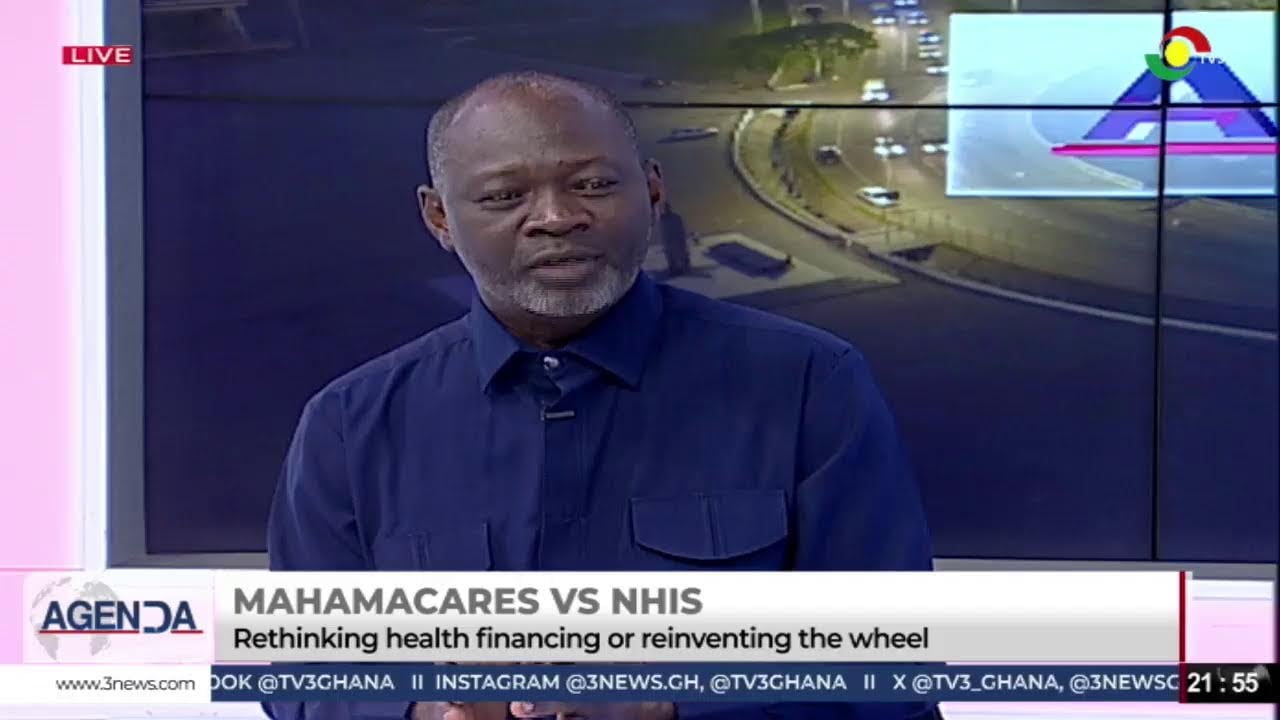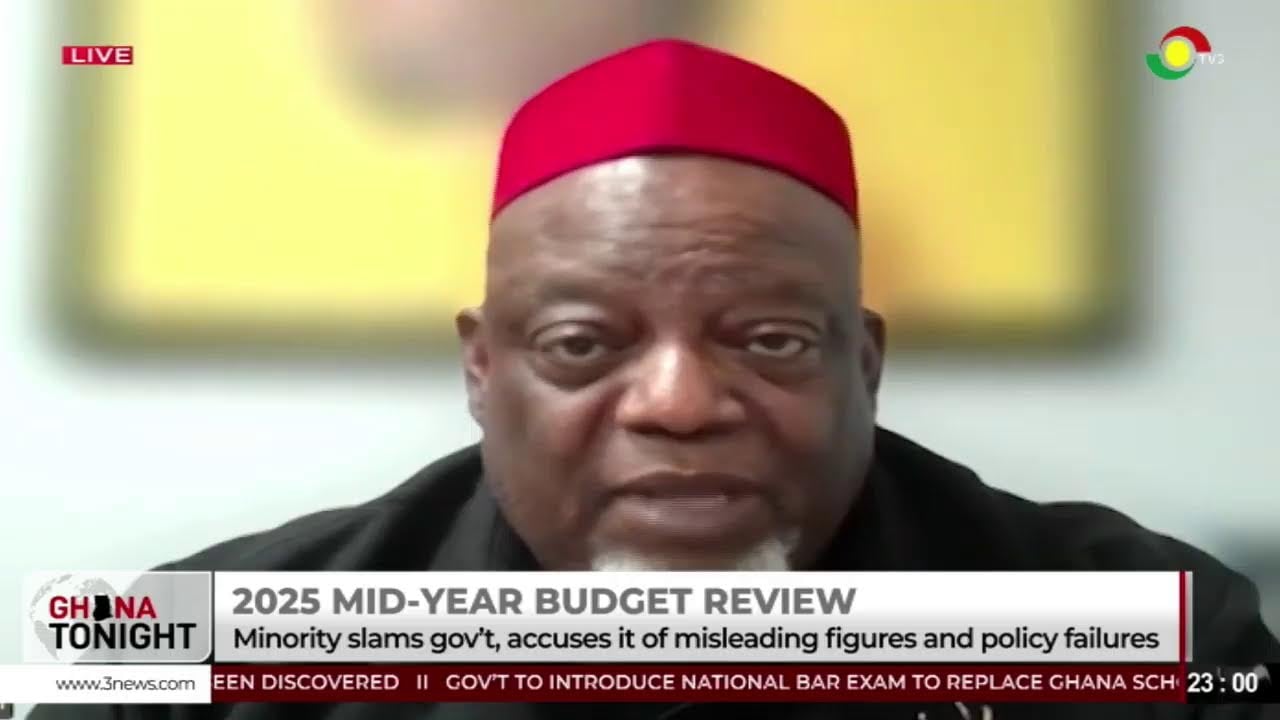
Let’s begin with a story you’ve likely lived. You lend your friend, Kofi, GH¢10. He promises to pay back GH¢2 each week. The first week, he pays. The second, he delays. By week four, you see him buying kelewele and sobolo at the junction—but he still hasn’t paid you. When you ask, he smiles and says: “Oh relax, I’ll pay you next week”.
You feel insulted, but you’re not surprised. Because here in Ghana, we have a saying: ‘?kafo? didi’—the debtor must eat. In other words, even if someone owes you, they must still enjoy life. They must eat, dress well, go to funerals, spray money at weddings and post Instagram stories from the beach. Your money? That can wait.
And this, dear reader, is exactly why postpaid business in Ghana is risky.
The deep culture of delayed payment
Ghana is a society built on relationships, goodwill and communal support. But sometimes, these virtues become liabilities in business.
From friends to clients, many Ghanaians have normalised late payments with statements like:
– “Next week I’ll send it.”
– “I’m waiting for someone to pay me too.”
– “Let’s do it after the holidays.”
Meanwhile, the goods have been delivered. The service has been rendered. Your capital is tied up. You’re taking trotro while the debtor takes Bolt. This isn’t just an individual problem—it’s a national habit. And it’s eating away at the survival of many entrepreneurs, freelancers and SMEs.
Even government defaults
Let’s talk about the biggest clients in town: government agencies. Many small businesses and contractors have supplied products and services to public institutions—only to be told “Your file is with Accounts.”
Real cases include:
- A cleaning company that worked for a government ministry for six months without pay.
- A printing press that delivered election materials and waited over a year to be reimbursed.
- A caterer under a school feeding contract who kept borrowing just to cook meals, only for funds to be delayed term after term.
In such cases, ‘?kafo? didi’ plays out at scale. Institutions consume, enjoy the value and carry on as if payment is a formality to be discussed later.
Why prepaid is the smarter model in Ghana
Prepaid turns the story around. No more chasing money. No more unanswered calls. No more watching your clients ‘eat’ while you suffer.
Prepaid is not harsh. It is protection.
Benefits include:
- Guaranteed income before delivery
- Healthier cash flow for reinvestment
- Fewer bad debts
- Filtering unserious customers
If we buy fuel, airtime and mobile data before we use them, why can’t the same logic apply to goods and services?
But when prepaid isn’t possible… Price the risk
We understand. Not all industries can demand full upfront payment, especially when dealing with institutions or B2B clients. But in such cases, your pricing must reflect the risk.
Here’s how to do it wisely:
- Add a buffer into your pricing. Late payments cost you. Add a risk premium that cushions future delays.
- Demand part payment. At least 30–50percent upfront. It shows commitment and covers basic costs.
- Use milestone payments. Break large contracts into phases. Don’t continue work without the last milestone being paid.
- Include penalties for late payment, especially in contracts. Make delay expensive.
Final thoughts – Don’t Let ‘?kafo? didi’ be at your expense
Ghanaians will continue to borrow, consume and enjoy life, even in debt. The idiom ‘?kafo? didi’ is deeply cultural—but it shouldn’t be your business philosophy.
If you’re running a serious enterprise:
- Move toward prepaid where possible.
- Where not, price the risk and structure your terms wisely.
- Don’t let your entire capital sit in people’s pockets while they “live their best lives”.
This is because in Ghana, if you don’t protect your business, you will be the one explaining to your suppliers why you can’t pay—while your customers are out there… eating.
>>>the writer, co-founder of Eureka Business Intelligence, is a strategist, data scientist and entrepreneur who brings clarity to businesses through insights, crafting actionable SME strategies for Africa’s evolving market. He can be reached via [email protected]
The post What Works In Ghana with Ebenezer Sarfo Adu: ‘I’ll Pay You Later’: The risky game of postpaid in business; appeared first on The Business & Financial Times.
Read Full Story























Facebook
Twitter
Pinterest
Instagram
Google+
YouTube
LinkedIn
RSS